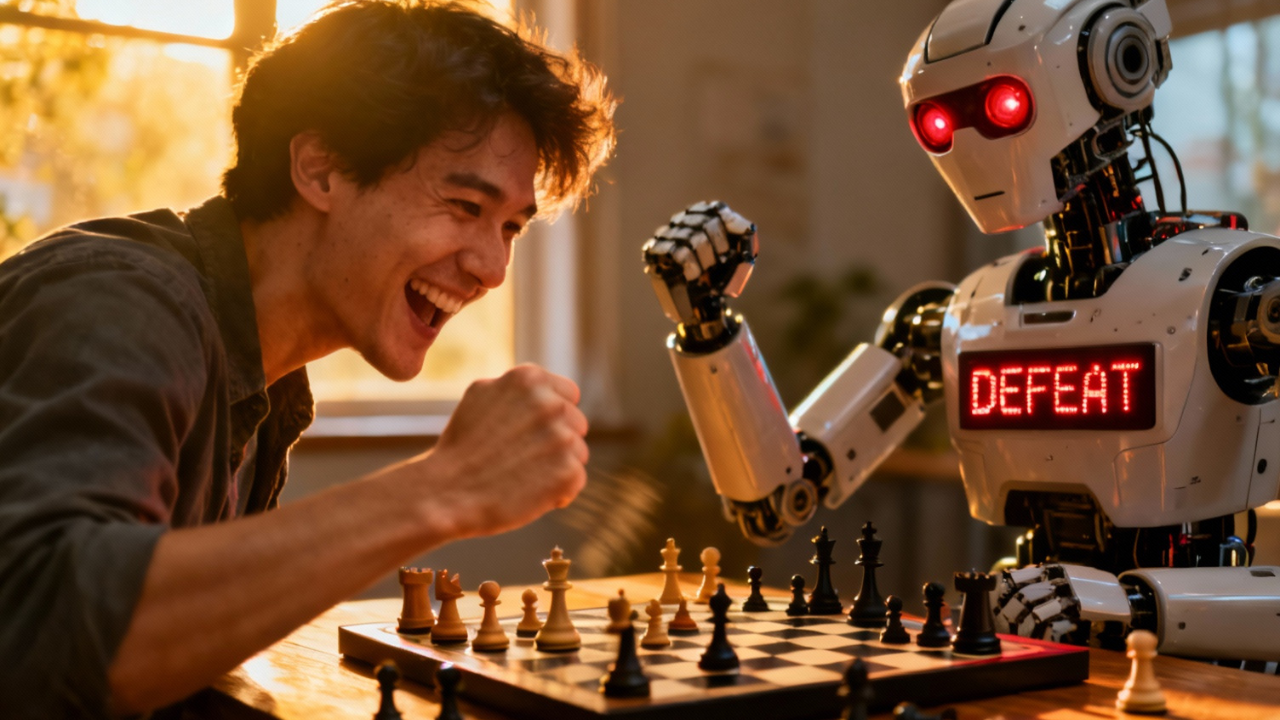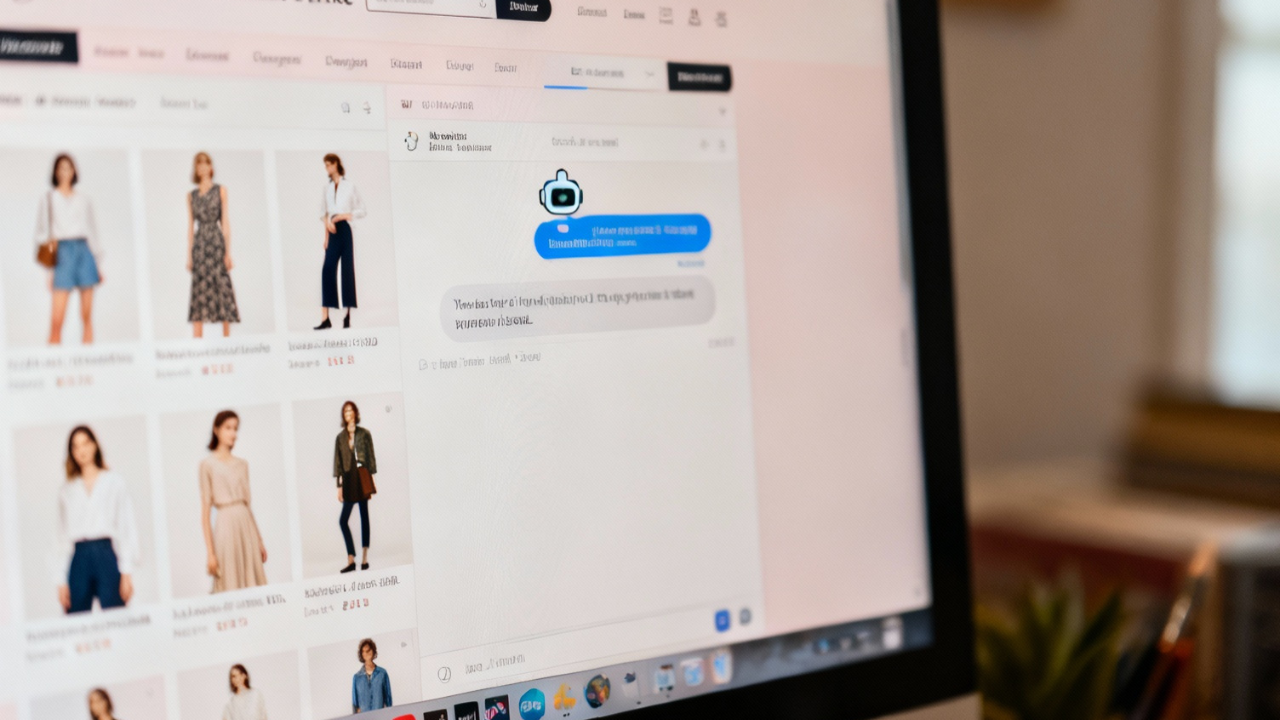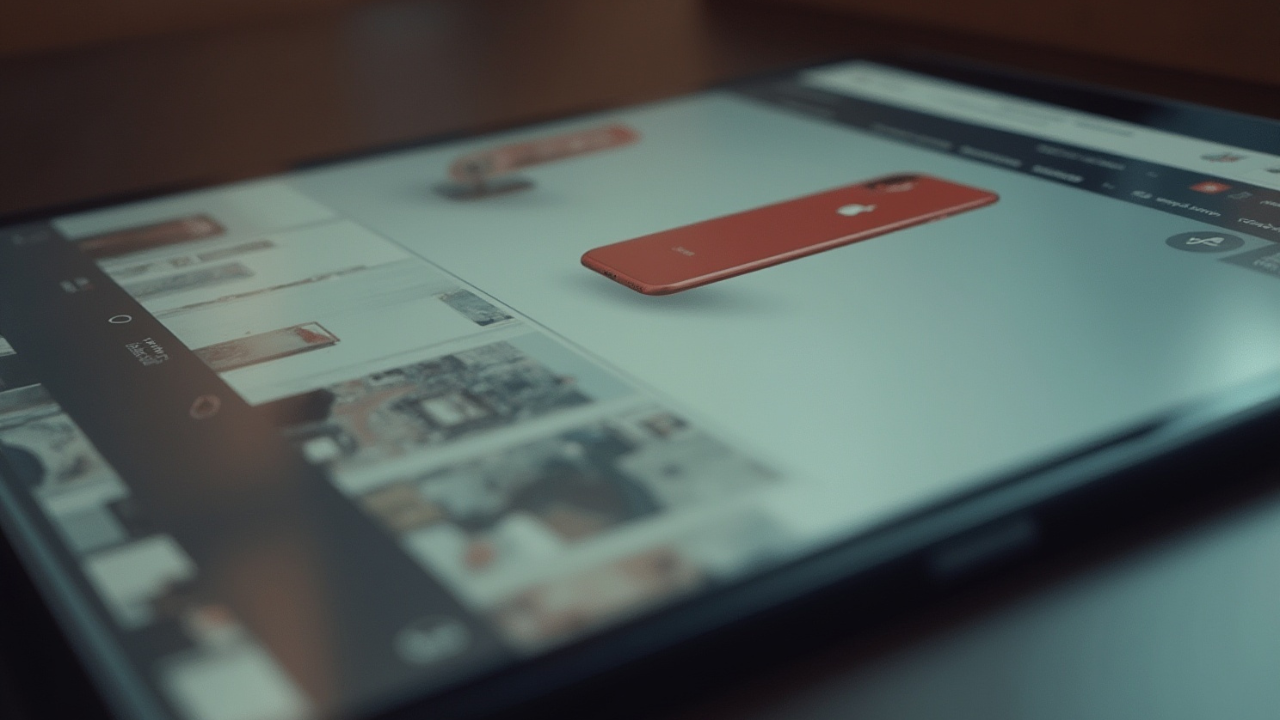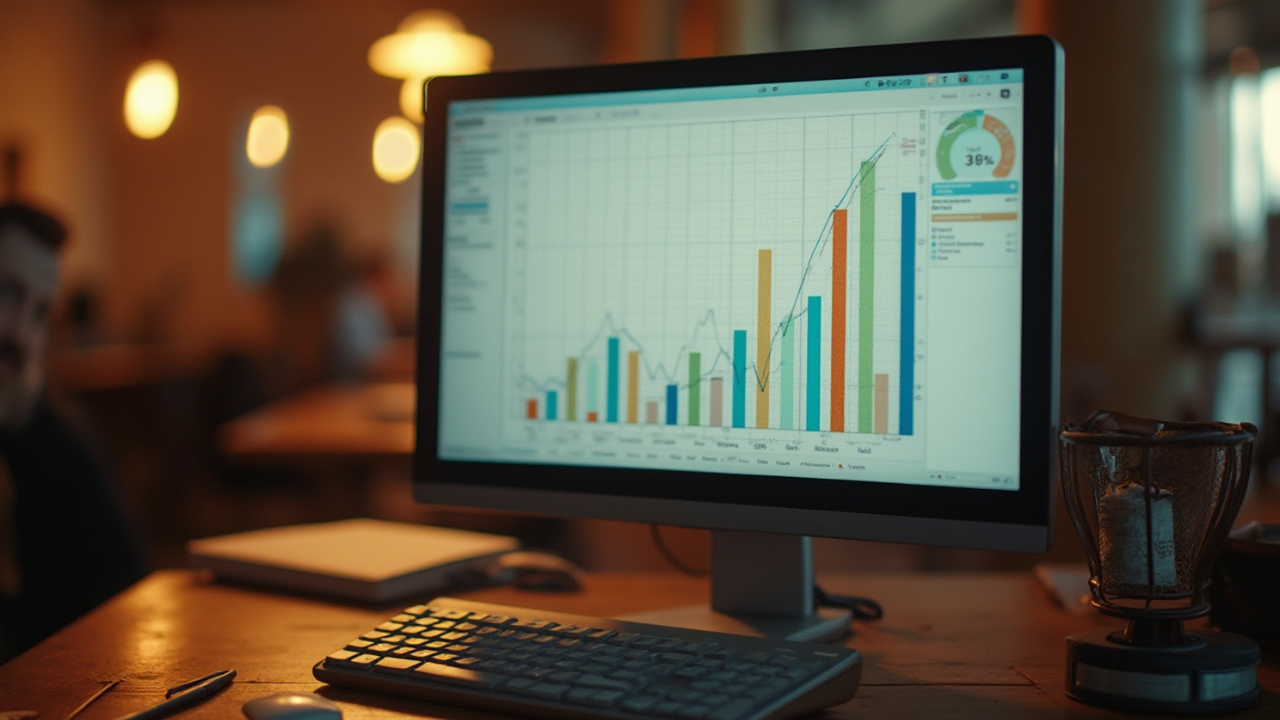
AI vs. Human Creativity: Can Machines Really Replace Marketers?
You’ve probably seen it — AI writing blogs, designing ads, and even predicting who’s most likely to buy your product. From ChatGPT drafting marketing copy in seconds to Midjourney creating stunning visuals and Meta Advantage+ targeting the perfect audience, artificial intelligence is now deeply woven into modern marketing.
It’s exciting… but also a little unsettling. As AI gets smarter, faster, and more capable, many marketers are starting to ask: Will humans still matter?
We’re living in an age where algorithms decide what we see, what we buy, and even what we create. But creativity, strategy, and emotional connection — the core of marketing — have always been human traits.
So, can AI truly replace marketers? Or is it simply reshaping the way we work? Let’s break it down and see whether AI is really taking over — or helping humans reach new creative heights.
The AI Revolution in Marketing
Artificial intelligence is no longer a futuristic concept — it’s already transforming how marketing teams operate. Today, AI tools are being used for almost every aspect of the marketing process:
- Content generation: Tools like ChatGPT, Jasper, and Copy.ai can write blog posts, captions, and ad copy in seconds.
- Visual creation: Platforms such as Midjourney and DALL·E generate eye-catching visuals that can rival professional designers.
- Predictive audience targeting: Google’s Performance Max and Meta’s Advantage+ use machine learning to automatically find audiences most likely to convert.
- Customer engagement: AI-powered chatbots and virtual assistants are now handling inquiries, bookings, and recommendations 24/7.
According to Salesforce, over 32% of marketers already fully use AI in their daily tasks, and another 43% are experimenting with it.
AI isn’t exactly new — marketing automation has existed for years — but the capabilities of today’s AI are unprecedented. The question now isn’t whether AI can help marketers, but how far it should go.
Time — AI Wins the Speed Game

Let’s be honest — AI wins hands down when it comes to speed.
An AI tool can generate 10 ad copies, 5 blog drafts, and 3 sets of visuals in the time it takes a human team to brainstorm a single concept. Need quick A/B test options for a campaign? AI can churn out variations instantly, analyze performance, and even suggest improvements. Meanwhile, humans need time — to research, ideate, discuss, and polish. That’s not necessarily a bad thing; it’s just the difference between automation and artistry. However, speed doesn’t always equal quality. While AI might generate hundreds of ideas in seconds, those outputs still require human editing to ensure they align with brand voice, emotional tone, and cultural relevance.
So yes, AI is a time-saver — but it’s not yet a creative replacement. And that brings us to the next, bigger question: can AI really create?
Creativity — The Human Edge Still Shines
Creativity is the heart of marketing. It’s about connecting emotionally, telling stories, sparking curiosity, and building meaning around a product or brand.
AI, no matter how advanced, operates based on patterns from existing data. It learns from what’s already been done — which means it imitates creativity, but doesn’t truly originate it. When Nike told the world to “Just Do It” or when Apple challenged us to “Think Different”, those weren’t data-driven outputs — they were insights born from human experience and emotion. AI can assist in brainstorming — offering ideas, structures, or inspiration — but it lacks the emotional intuition that makes creativity impactful. It doesn’t know what makes people laugh, cry, or feel inspired; it only predicts what might work based on trends. That’s why the best marketers today use AI as a creative partner, not a replacement. Think of it as the assistant that helps speed up your ideas, but you’re still the one driving the story.
Strategy and Intuition — The Human Advantage
If creativity is art, strategy is science — and this is another area where humans continue to dominate.
AI can analyze past campaign data and suggest what’s likely to perform best. It can recommend keywords, audiences, and timing. But it doesn't understand why something works. Humans bring what AI cannot:
- Strategic thinking — the ability to plan for long-term brand growth.
- Consumer psychology — understanding what truly motivates people to take action.
- Brand consistency — ensuring that every message feels authentic and aligned.
AI might tell you that “funny” ads perform well, but a human strategist knows when humor is appropriate and when it could backfire. Marketers also rely on intuition — the gut feeling that spots an opportunity before the data does. It’s how viral trends start, how brand moments are made, and how risks turn into rewards. AI, bound by logic and patterns, isn’t wired for that kind of leap.
Emotion and Empathy — The Human Touch

Marketing isn’t just about logic — it’s about emotion.
We buy based on feelings, then justify with facts. We connect with stories that make us feel seen, inspired, or understood. That’s something AI simply can’t replicate yet. AI-generated content, while polished, often lacks the authentic emotion that makes a message memorable. It can come across as flat, robotic, or repetitive. For instance, if you ask AI to write a Valentine’s Day ad, it might produce something like:
“Show your love this Valentine’s Day with our special discount.”
A human, on the other hand, might write:
“Love doesn’t need grand gestures — just something that says, ‘I thought of you.’”
The second line connects emotionally because it feels human — imperfect, thoughtful, and real. Emotion remains marketing’s most powerful driver, and it’s a realm where humans still reign supreme.
Ethics, Trust, and Authenticity
As AI becomes more integrated into marketing, AI ethics and trust become crucial.
AI can hallucinate (produce false information), plagiarize existing content, or unknowingly reinforce bias in algorithms. Without human oversight, this can harm both brands and consumers. Transparency matters more than ever. Marketers must navigate these ethical waters carefully:
- Always fact-check AI-generated claims.
- Avoid relying on biased or unverified data.
- Disclose AI use when appropriate to maintain transparency.
- Protect brand authenticity by ensuring that AI content still reflects genuine values and tone.
Trust isn’t something you can automate — it must be earned, nurtured, and protected by humans.
The Sweet Spot: Human–AI Collaboration
The future of marketing isn’t about AI vs. humans, but AI with humans.
AI can handle the heavy lifting — automating repetitive tasks, analyzing performance data, or generating creative drafts. That frees marketers to focus on what they do best: building strategy, crafting stories, and understanding people. At KPI Media, for example, we use AI tools to optimize ad performance and analyze audience data faster. But every strategy, creative direction, and campaign decision is still human-led — ensuring the message aligns with real emotions, goals, and insights. This balance is called “Augmented Creativity.” It’s when humans use AI to create more, faster, and smarter — without losing the human touch that makes marketing meaningful.
Real-World Examples of Human–AI Collaboration in Marketing

Case 1: Fashion Brand and Customer Service
A fashion retailer uses AI chatbots to reply instantly to customer questions — from tracking orders to recommending sizes. But when queries fall outside the AI’s scope (like complex returns or emotional complaints), human agents step in. The result? Faster responses and better customer satisfaction.
Case 2: Beverage Brand and Social Media
A beverage company uses AI to generate social media images and captions in bulk. However, before posting, the marketing team reviews everything to ensure the visuals and messages align with brand values and tone. AI handles the volume; humans handle the vision. These examples show a clear pattern: AI scales execution, while humans guide direction and ensure accuracy. Together, they form a partnership that’s smarter, faster, and more impactful than either could be alone.
Future Outlook: The Marketer’s Role Is Evolving, Not Disappearing
So, where does this all lead?
The marketer of the future will be data-informed and creatively driven — blending analytics with artistry. AI will be a tool every marketer must master, just as social media or SEO once became essential skills. According to LinkedIn’s 2025 “Future of Work” report, roles that combine AI literacy and creativity are among the fastest-growing in the marketing industry. Upskilling is key. Marketers who can harness AI to enhance their decision-making — without losing their human touch — will lead the next generation of creative innovation. In short, AI isn’t replacing marketers. It’s redefining them.
Conclusion: Humans Still Matter — More Than Ever
There’s no denying that AI has changed the marketing landscape. It wins on speed, data analysis, and efficiency. But when it comes to creativity, empathy, and strategy — the true soul of marketing — humans still hold the crown. The best campaigns happen when AI handles the numbers, and humans handle the narrative. AI can create content, but only humans can create connections.
At KPI Media, a performance marketing agency in Singapore, we believe the future of marketing lies in this perfect balance — where AI-driven insights meet human creativity to deliver performance and authenticity at scale.
If you’re curious how we combine human expertise with AI-powered solutions to help brands grow, reach out for a free consultation with our Chief Growth Officer — and see how smart, human-led marketing can transform your business.
More Blogs



Let us build your acquisition engine
Our Founder will personally propose a custom media plan to crush your KPIs.
.png)

.png)



.webp)
.png)







.webp)
